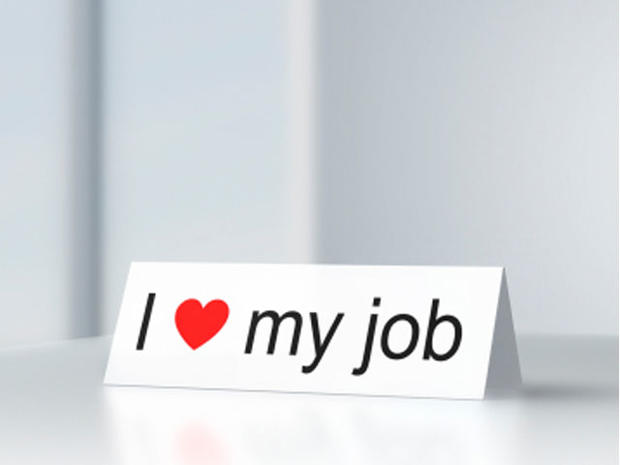Facebook do's and don'ts for job seekers
"Many job seekers think that [recruiters] use social media to see what they look like and to see what their friends look like. Personally, I could care less about what you look like, but I do care about what you sound like," says top recruiter Abby Kohut. "Using poor language or speaking badly about people or constantly complaining will not win you any points with recruiters."
Kohut adds, even when using abbreviations, check your grammar and spelling to make sure that it's top notch.
Don't showcase your hard-partying ways
"Recruiters understand that people have social lives, so the occasional drinking picture is okay. What's not okay is drug use or other illegal activities portrayed right on [job candidates'] public Facebook profiles," says Rich DeMatteo, founder of Com On The Job, a career blog and community for job seekers. "For these reasons, it's so incredibly important that everyone use privacy settings on Facebook."
DeMatteo also warns that recruiters are widely known for having larger networks than most. "For this reason, it's smart for job seekers to only allow direct connections to view their status updates and pictures," he adds.
Do follow companies you want to work for
"I recruit very heavily from social media sites and I have placed three people in the last year from Facebook. What I look for is someone that has a profile that portrays them in a positive light," explains John A. Fulcher, director of the healthcare division for Bauer Consulting Group. "Following companies that you want to work with is a very good way to stay in tune with the job market and stay visible to that employer."
Sharing articles of interest will also get you noticed as someone the recruiter would want to work with. It means you have your finger on the pulse and you're passionate about the industry.
Don't display extremist beliefs
For Jeremy Spring, vice president and senior search consultant for executive search firm Elever Professional, extreme religious or political expressions, including bigotry (even if it's in jest), are red flags. Add to the list, unsavory or tactless humor. "These may seem obvious, but the Facebook environment lends to its users a false sense of privacy and a seemingly self-constructed ecosphere where true and embellished expression are acceptable," Spring says. "On many occasions our consultants have had to re-consider the legitimacy of a candidate after finding the above issues on a Facebook page."
His advice for job seekers? "If you use Facebook liberally, my suggestion is to set an innocent and decent image of yourself as your profile picture and ratchet up the privacy settings to the highest degree."
Do build your brand
Don't forget that your Facebook profile can also help you build yourself up. By posting respectable photos of yourself where you are well-groomed and your status updates depict your enthusiasm and involvement in your career pursuits will be beneficial to you, says Spring. "My only caution regarding the above: make sure that what you list is truthful and consistent with what you'd present in an interview."
Don't badmouth your old boss or job
"Candidates need to be very careful about what they post on Facebook or any social media site," says Marc Mencher, CEO of GameRecruiter. On his list of reasons he'd reject a candidate: if you're complaining about your boss or current company, if you often post about how bored you are at work and if you have partially filled out LinkedIn or Facebook profiles that reveal you're not a detail-oriented person.
Do stay consistent
"Pictures are worth a thousand words," says Adriana Llames, a career services expert and author of "Career Sudoku: 9 Ways to Win the Job Search Game." She says recruiters will ask themselves, does this candidate's online and offline appearance match? "For instance, when you meet the candidate wearing a well-tailored navy blue business suit, polished shoes and tie, but see that 95 percent of their photos have them in cut-off shorts, tank tops and full-arm tattoos, it raises the question: who is the real person?" Llames points out. What else might that person be hiding?
Don't lie about your media prowess
By the same token, Llames suggests to stay honest about your social media skills. " For example, a digital media professional that has nearly no Facebook friends, never posts and looks to have no understanding of the social network [should never] claim to have managed dozens of successful Facebook campaigns," she says.
Do use key words
"Just like you have key words in your resume, make sure you have key words on your social networks," says Wes Weiler, chief information officer of hiredMYway.com. "HR mangers and recruiters can search resumes with key words so it is very important to have the key targeted words in your resume match up on social networks so that you are searchable." This is especially true if you have a LinkedIn profile.








